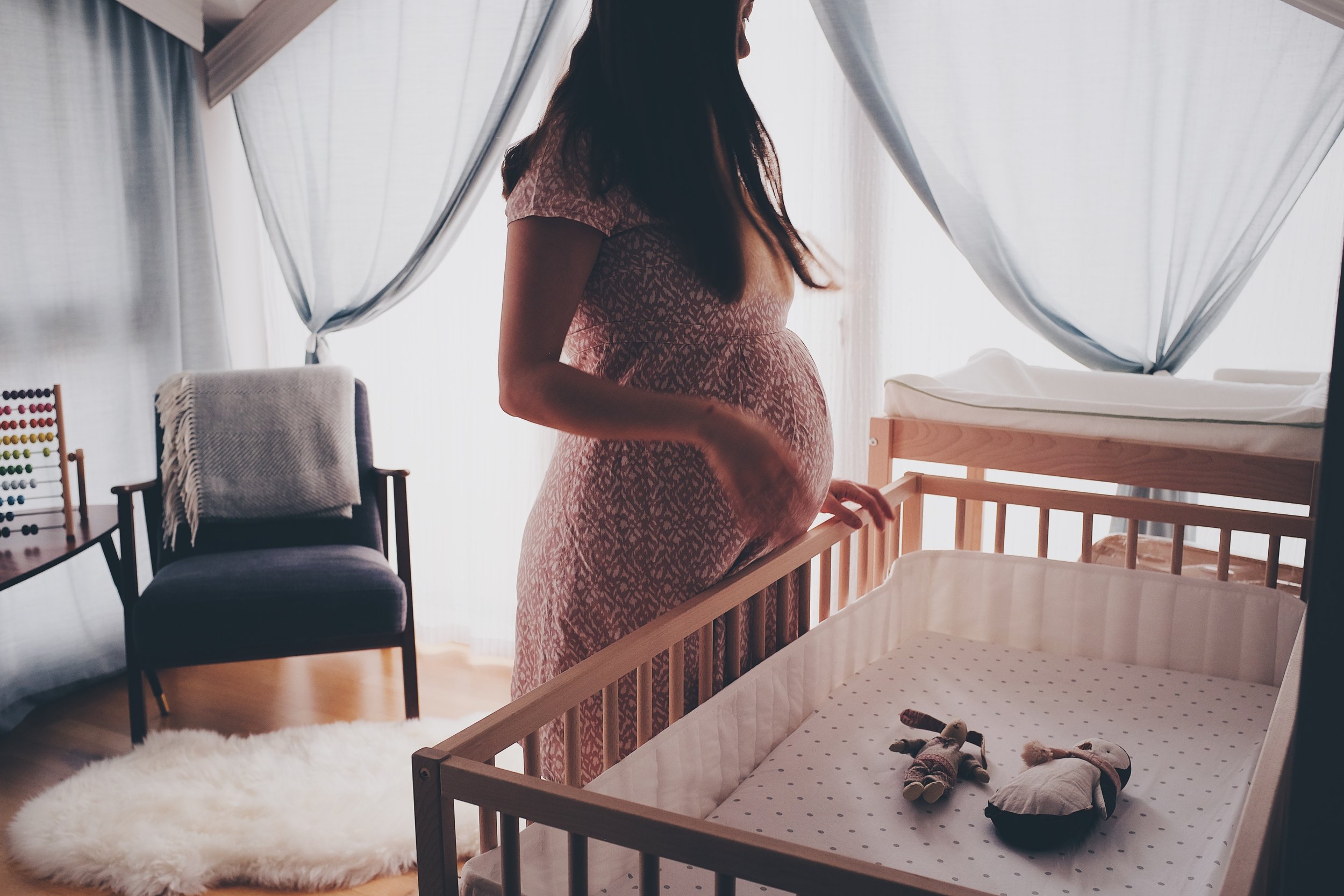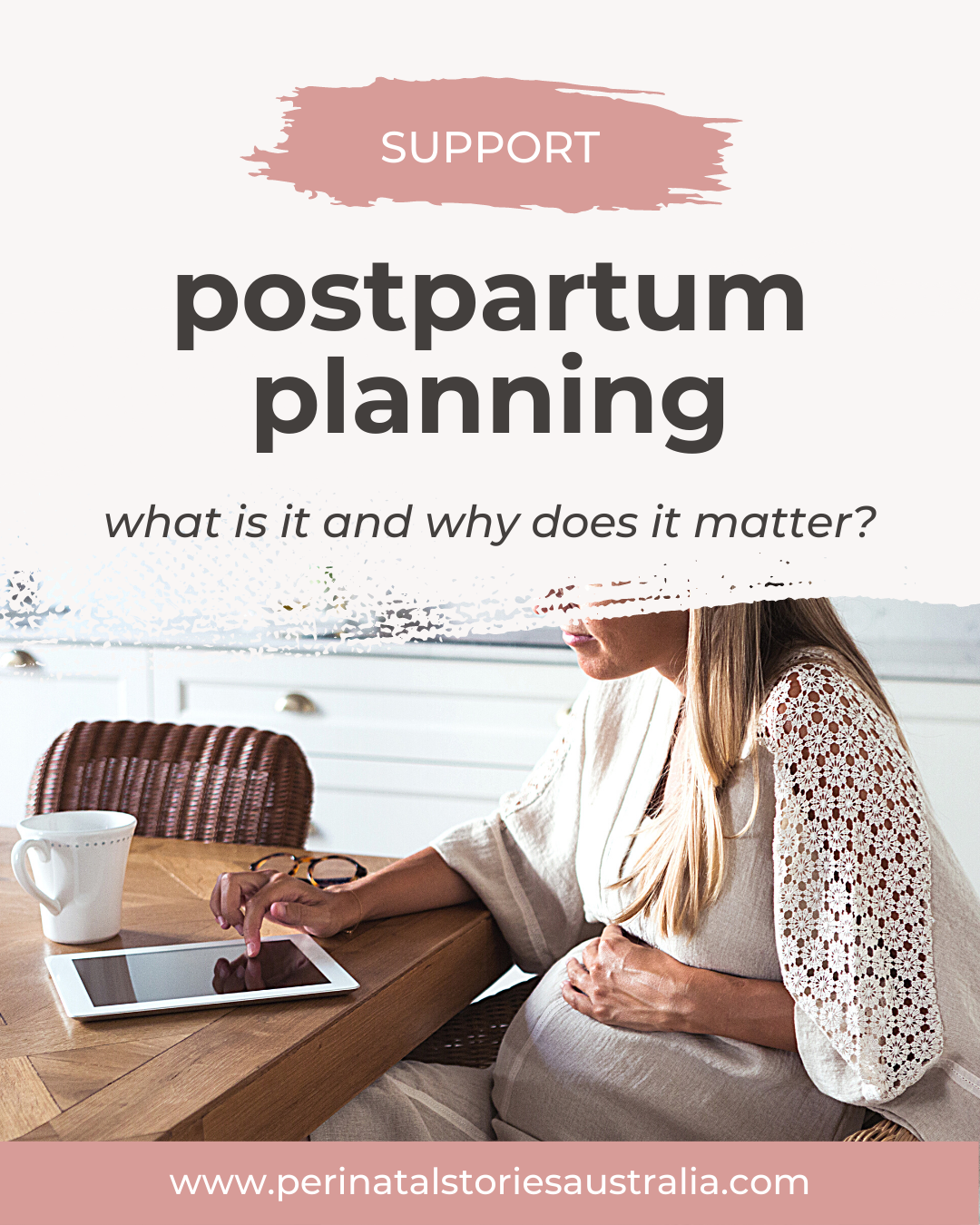Articles and Information
Articles to validate your experiences and to empower you to understand and navigate the world of perinatal mental ill health informed by research, lived experience, and reflection
For informational purposes only. For medical advice, diagnosis or support, please consult a professional.

5 myths about self-compassion and why it matters to mothers
As mothers, we are often told to ‘be kinder’ to ourselves. It sounds so simple. But the reality is, we are mothering in a society where self-criticism is believed to be the ultimate motivator of productivity and change. We are also mothering in a context where mothering itself is so heavily scrutinised. Thanks to social media, we are subjected to an abundance of information and the dissection of our every parenting decision by strangers who reinforce what we innately know and strive against: that it doesn’t take much to be considered a ‘bad mum’. In this context it’s easy to see why so many of us resist, or struggle with, this notion of self-compassion. Misgivings, or myths, about self-compassion also keep us trapped in self-critical patterns - the last thing mothers need. So what exactly are these myths and misgivings holding us back?

Let’s not forget about bipolar disorder in motherhood.
When you think about maternal mental health, does bipolar disorder even come to mind? Pregnancy and postpartum include an increased vulnerability to the onset (or recurrence) of bipolar disorder, yet screening in antenatal and postnatal settings tends to only focus on depression. This is a missed opportunity, meaning BD remains underdetected and undertreated in the perinatal period.

More than postpartum: mental health in pregnancy.
As the host and founder of Perinatal Stories Australia, I have the honour of interviewing mothers about what is often the hardest time of their life, during what is supposed to be the best time of their life. Something I hear far too often is how the symptoms of mental ill health in pregnancy were largely ignored - even by mothers themselves. It's just hormones, right? Maybe birth anxiety? This will all go away when the baby is here... won't it? And yet as a society and in health circles, the focus is usually only on postpartum. This needs to change.

Why is Mother-Centric Care Important?
Mother-centric care involves care from health and support providers who value the health, decisions, and needs of the mother.
Contrary to what some might have us believe, mother-centric does NOT mean we don’t value what’s best for our child/children.
To me, it simply means we aren’t putting the mother last.

Postpartum Planning: what is it and why does it matter?
What is postpartum planning?
Whether you formalise it or not, or use a postpartum planning service, a postpartum plan is any decision made to protect yourself, and your family, in the days, weeks, or even months, following birth. And we need to be talking more about this prior to birth.
Why does postpartum planning even matter?
Postpartum planning matters because YOU matter. It’s as simple as that. You - your health, your sleep, your nutrition, all of it - matters. And establishing support ahead of time can be crucial.







